This post is a philosophical exercise, and it is filled with personal opinions. While the text is heavily based on traditional lore, it is still an opinion. This is an invitation for a healthy discussion, so please do share your own views on the comments below.

Traditionally, Hugin symbolizes the thought while Munin represents memory. However, Munin can actually be derived from munr, which can be translated into something like desire, rather than minni - memory.
While many like to translate munr into desire, the truth is that we don’t really have a word for munr today. It does embodies desire, will, passion and enthusiasm, but munr can also be understood as plans and ambitions, wishes and hopes.

So while the húg or hugr (thought) is the more objective, sensible part of your mind, it is pretty useless without a good portion of munr. If you lose your munr, you lose your “drive”, your desire. That’s what call today anxiety and depression. That being said, depression is not necessarily linked to our industrialized society – even our ancestors struggled. In the poetic Edda (Benjamin Thorpe’s translation), Odin says:
Hugin and Munin fly each day
over the spacious earth.
I fear for Hugin, that he come not back,
yet more anxious am I for Munin.

Odin says that he is worried about being isolated from the world, which would be the result if Hugin didn’t return. But Odin is even more afraid or even sad from disheartening news from the human world, news that could make him lose his desire, his passion and his hopes for a brighter future; that his munr, Munin, will not return.
Keep in mind that what we call today the Norsemens’ way of life was threatened by Christian hordes for a long time before Scandinavian kings finally managed to suppress their own people, the local democracies (Althings) and the old faith with them. Could the verses above be about the Allfather worrying that the humans would forget Him and that the Norsemen and their free spirit would be tamed?

I'll show them we are not tame!
Wait, they have the right to say what they want, even if it is not true...
Perhaps we all have two invisible ravens, one on each shoulder. And it is our duty to keep them both well fed and healthy. If one of them starves, it will fly away. This means that while we need to stay sensible and thoughtful of our life choices, we also need passion, desire and dreams for the future. Both Hugin and Munin whisper in our ears, and we need to listen to them both. There must be a balance. We can’t rush towards whatever looks tempting to us at the moment, this would mean acting without listening to Hugin. But we should not always choose the logical, safe and sensible option, for that would make Munin fly away.
So while we should never live each day as if it were our last, we should realize that life does not go on forever. Pursue your dreams before it’s too late, but do so while keeping both ravens on your shoulders.
Please share your comments below, we would love to read them.
Sources
Simek, Rudolf. 1993. Dictionary of Northern Mythology. Translated by Angela Hall. ISBN-10 0859915131
Jesse Byock (2005) Snorri Sturluson, The Prose Edda. 1st. edition. London, England: Penguin Books Ltd. ISBN-13 978-0-140-44755-2
and a couple of bottles of mead shared with good friends...
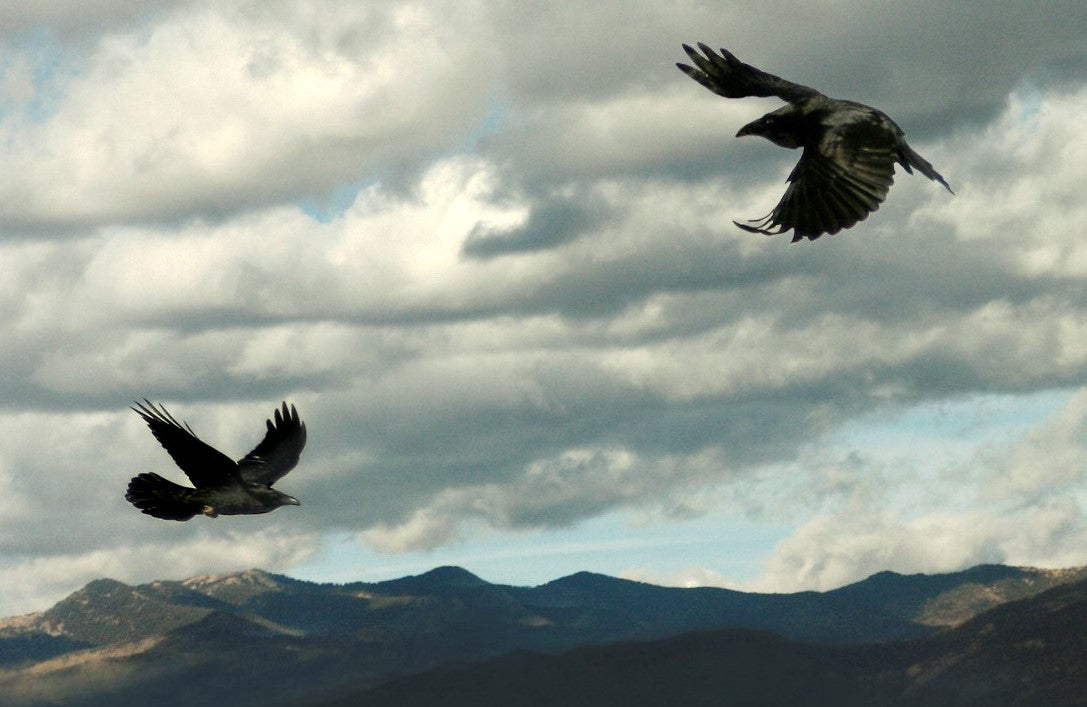
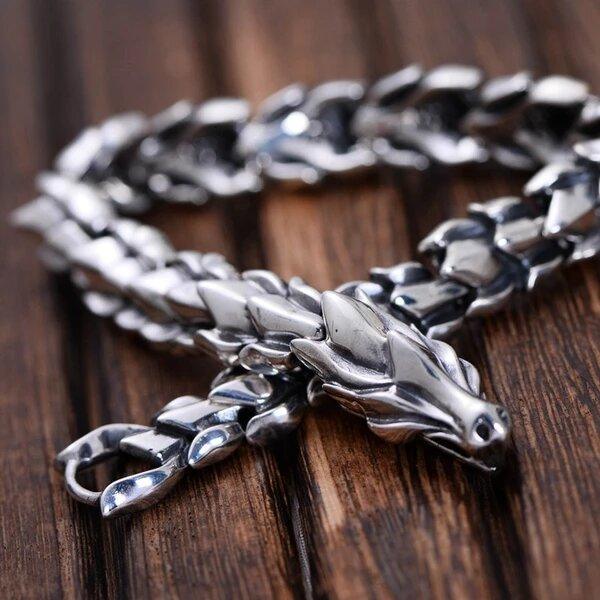
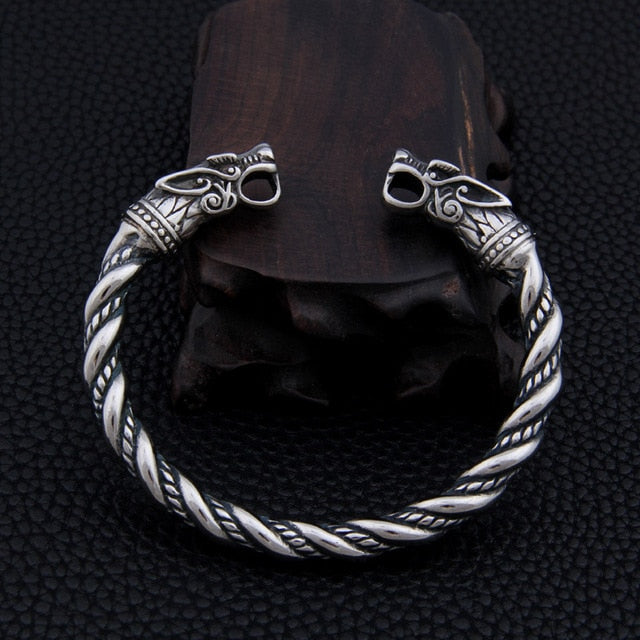
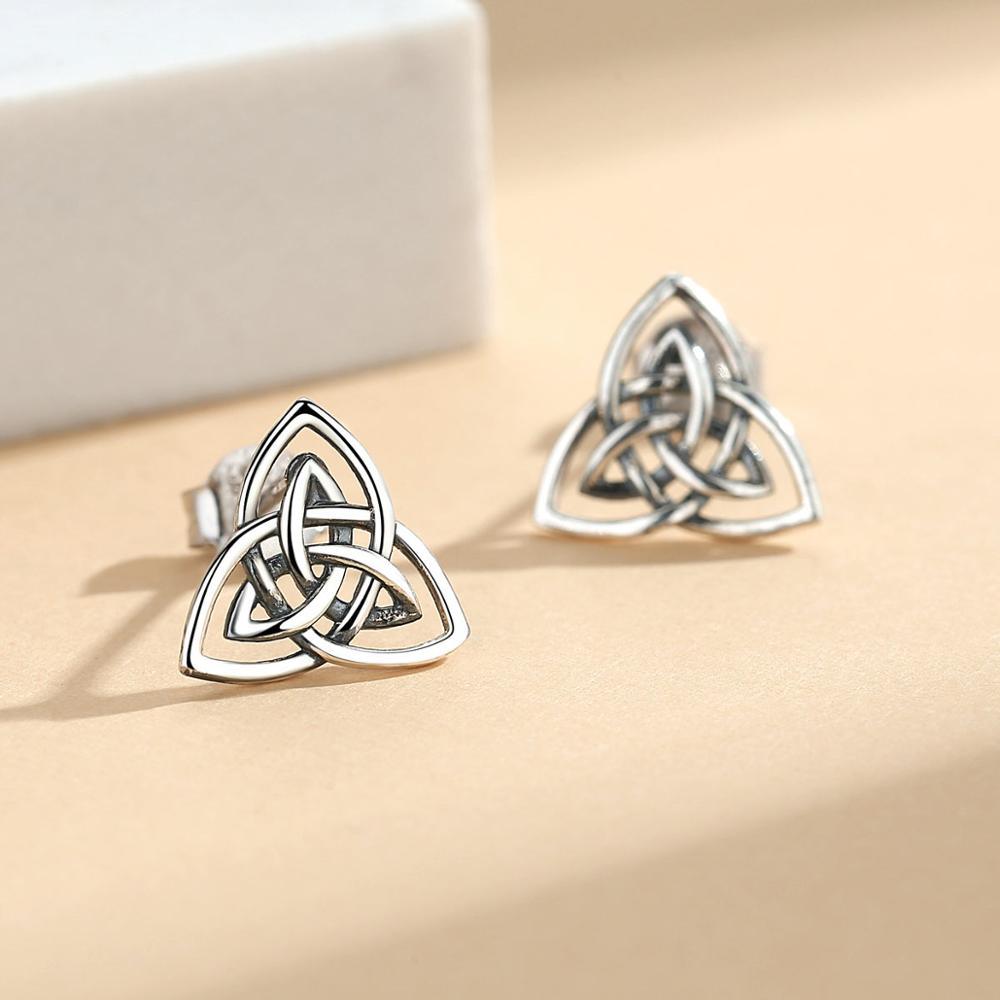
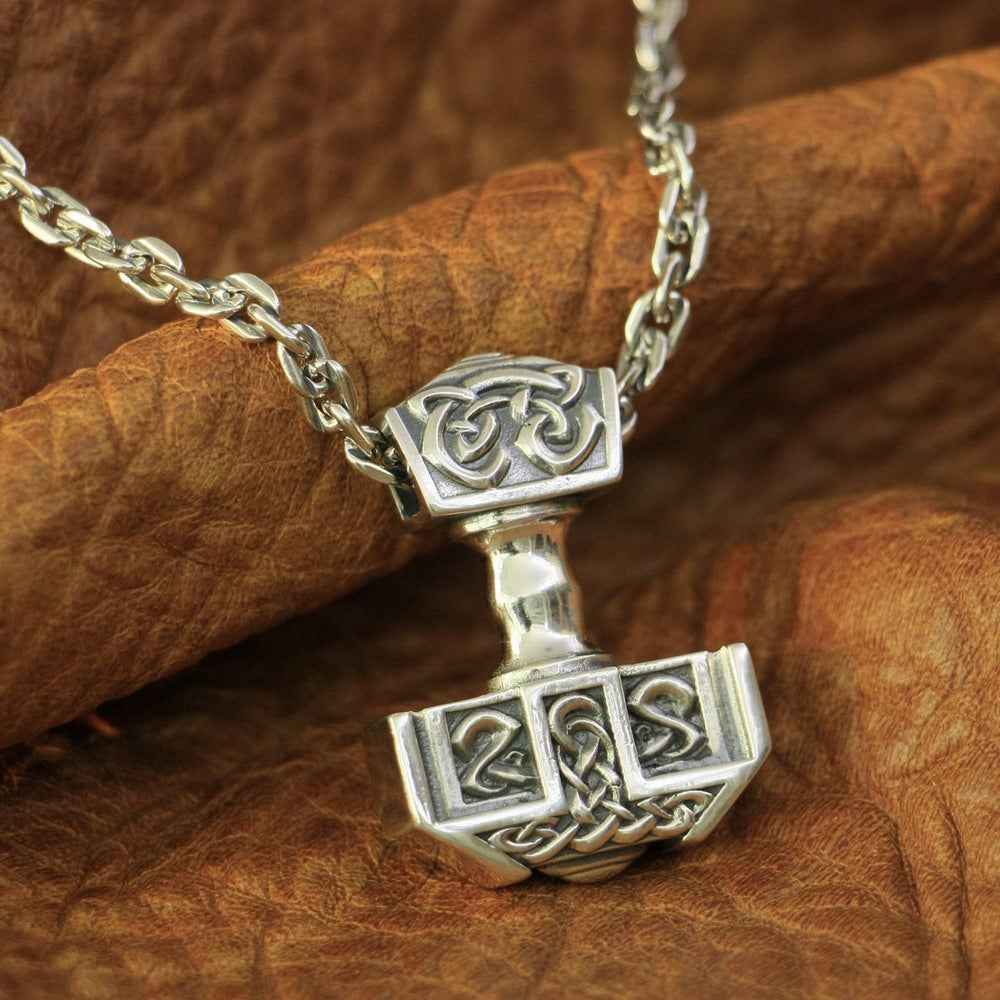
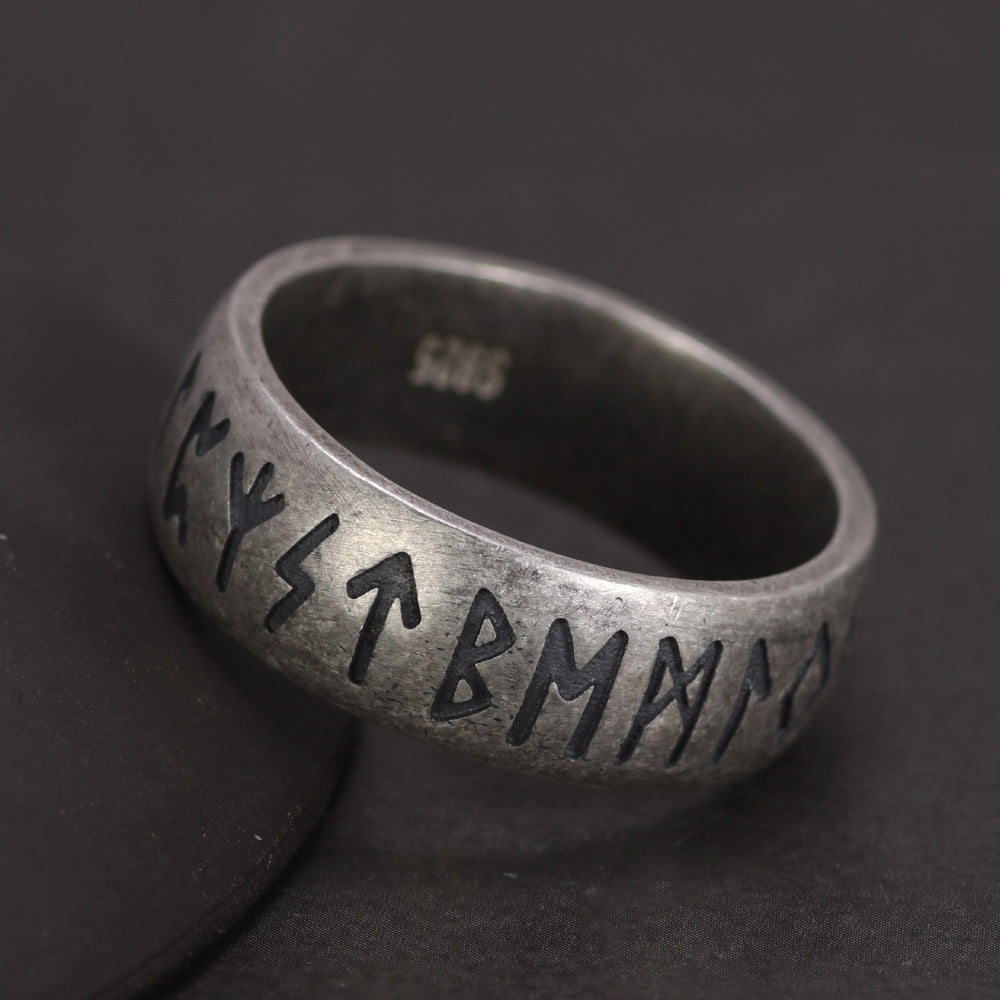
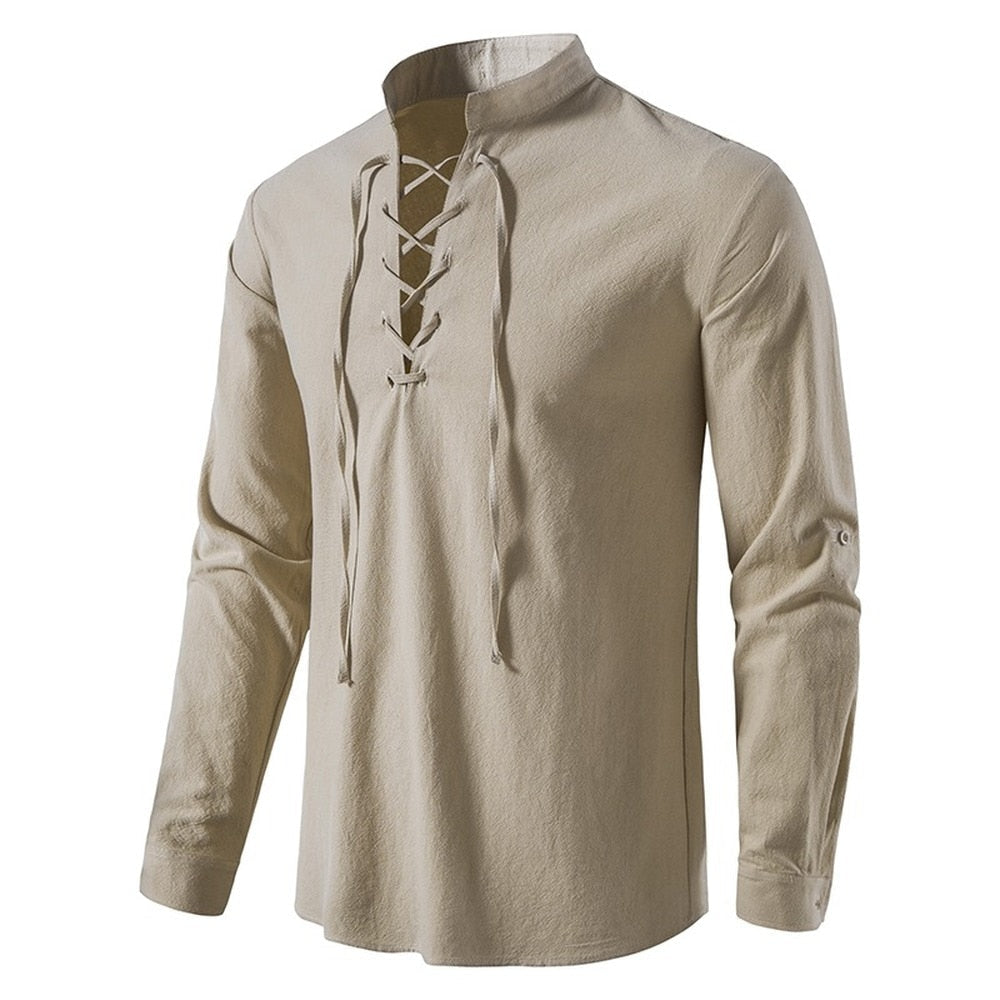

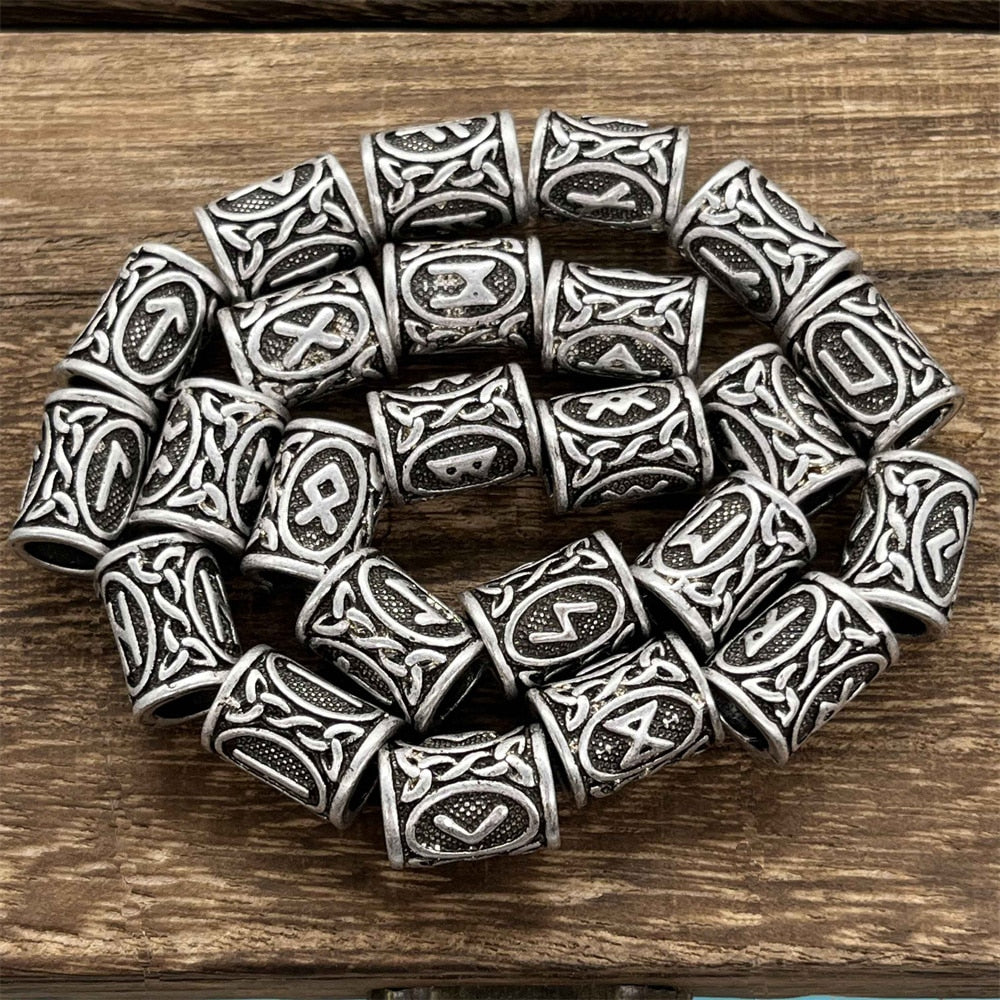
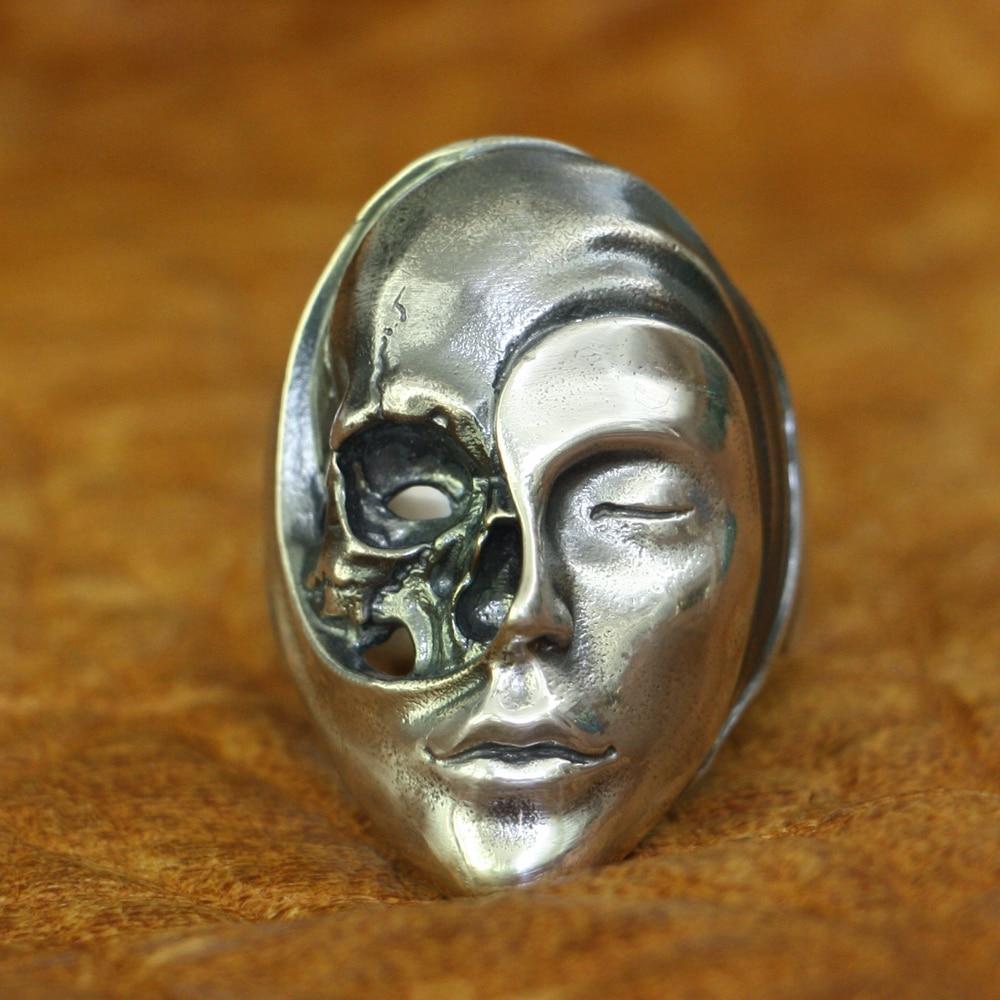
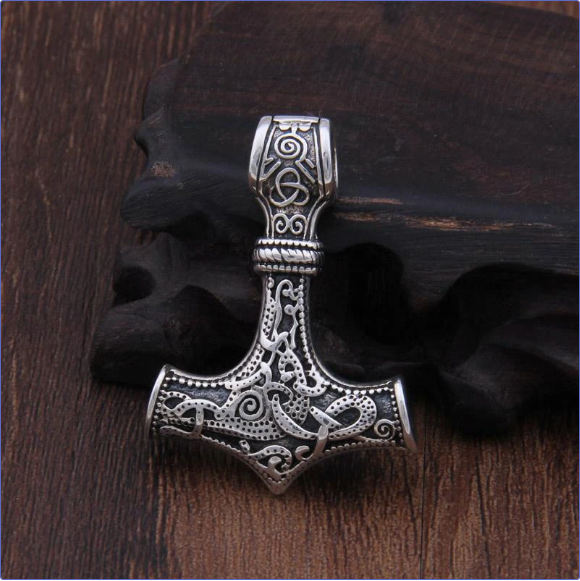


Comments (3)
thanks
My interpretation is That ODIN’S Shoulders ,With Hugin and Munin Perched on Both, Become in a Sense, Almost a Scale of Balancing Weights, Ensuring Moderation as a Way Of Living One’s Life….Levelheaded Thought Mixed proportionately With Passion, Desire, Dreams, and With Enough Will To Make One’s Positive Life Plans Become True.
My interpretation is That ODIN’S Shoulders ,With Hugin and Munin Perched on Both, Become in a Sense, Almost a Scale of Balancing Weights, Ensuring Moderation as a Way Of Living One’s Life….Levelheaded Thought Mixed proportionately With Passion, Desire, Dreams, and With Enough Will To Make One’s Positive Life Plans Become True.